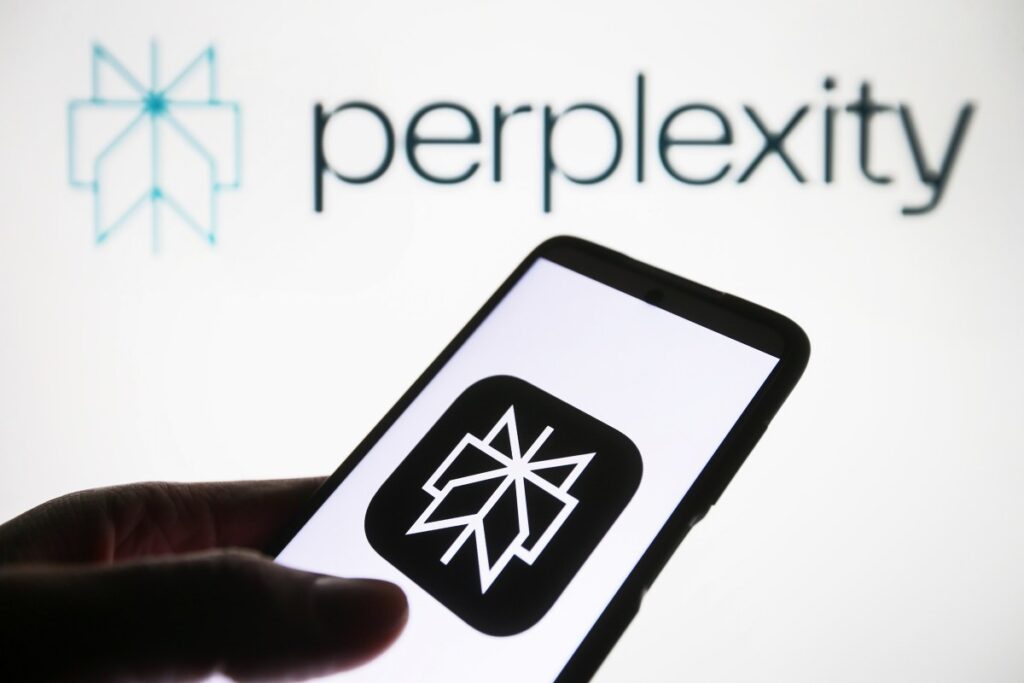The Justice Department wants a Perplexity executive to testify in Google’s antitrust case
American court He ruled in August That Google has a monopoly on search, and as Google appeals, the Department of Justice is figuring out what kind of potential penalties to impose – e.g Broken chrome.
As part of that process, the Justice Department wants to call a specific witness, according to a recent court filing: Dmitry Shevelenko, chief business officer of… Confusionan AI-powered search provider that was recently valued at $9 billion, According to Reuters.
Perplexity and other AI tools like OpenAI’s ChatGPT Search have emerged as a potential alternative to Internet searching, as they can provide direct answers to complex queries (albeit sometimes with made-up or inaccurate information). Google has responded to the threat with its own AI-driven search tools, such as AI Overviews, which provide AI-generated answers on top of search results.
The Justice Department wants to ask Shevelenko about “generative AI’s relationship to access points for research, distribution, barriers to entry and expansion, and data sharing.”
“Search access points” is a term the Department of Justice uses to describe things like Google Chrome — places where people go to search the Internet.
While the filing doesn’t explain exactly why the Justice Department wanted to question Perplexity about these topics, it could help its argument that Google has a monopoly on the search business, shutting out potential competitors, and thus deserves stronger penalties.
TechCrunch asked Perplexity if it has agreed to testify executively and provide its thoughts on the antitrust case. Perplexity did not immediately respond to a request for comment, nor did Google.
Confusion actually occurs in the middle of a dispute, as both sides want information that can help their case. Google asked Perplexity last October for company documents to make its case that it has strong competition in search. (Google also recalled Microsoft and OpenAI.)
However, Perplexity has yet to submit “a single document” to Google as of December 11, the tech giant lamented in a lawsuit, claiming there is “no conceivable justification for further delay” after two months of waiting.
For its part, Perplexity says in the filing that it has already agreed to fulfill 12 of Google’s 14 document requests, but is “still assessing the burden associated with collecting such a potentially expanded universe of documents.”
Perplexity also says that although it has agreed to provide copies of licensing agreements “related to AI training,” Google wants all of Perplexity’s licensing agreements and that it has asked Google to “meet and consult” about the matter.



